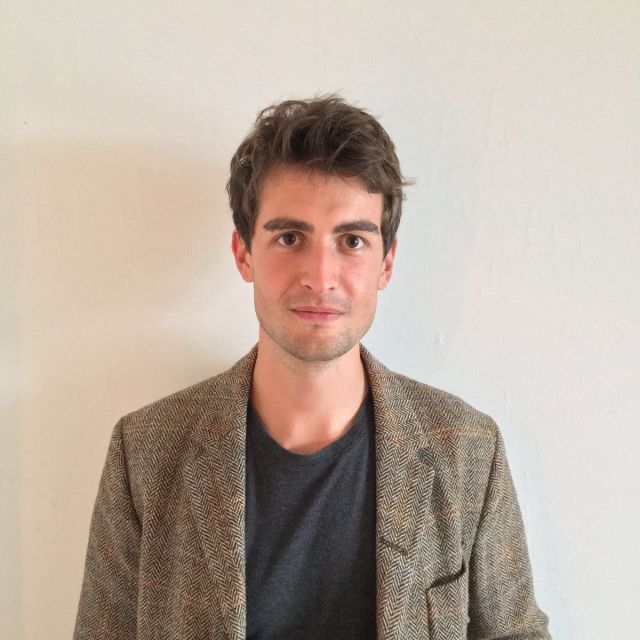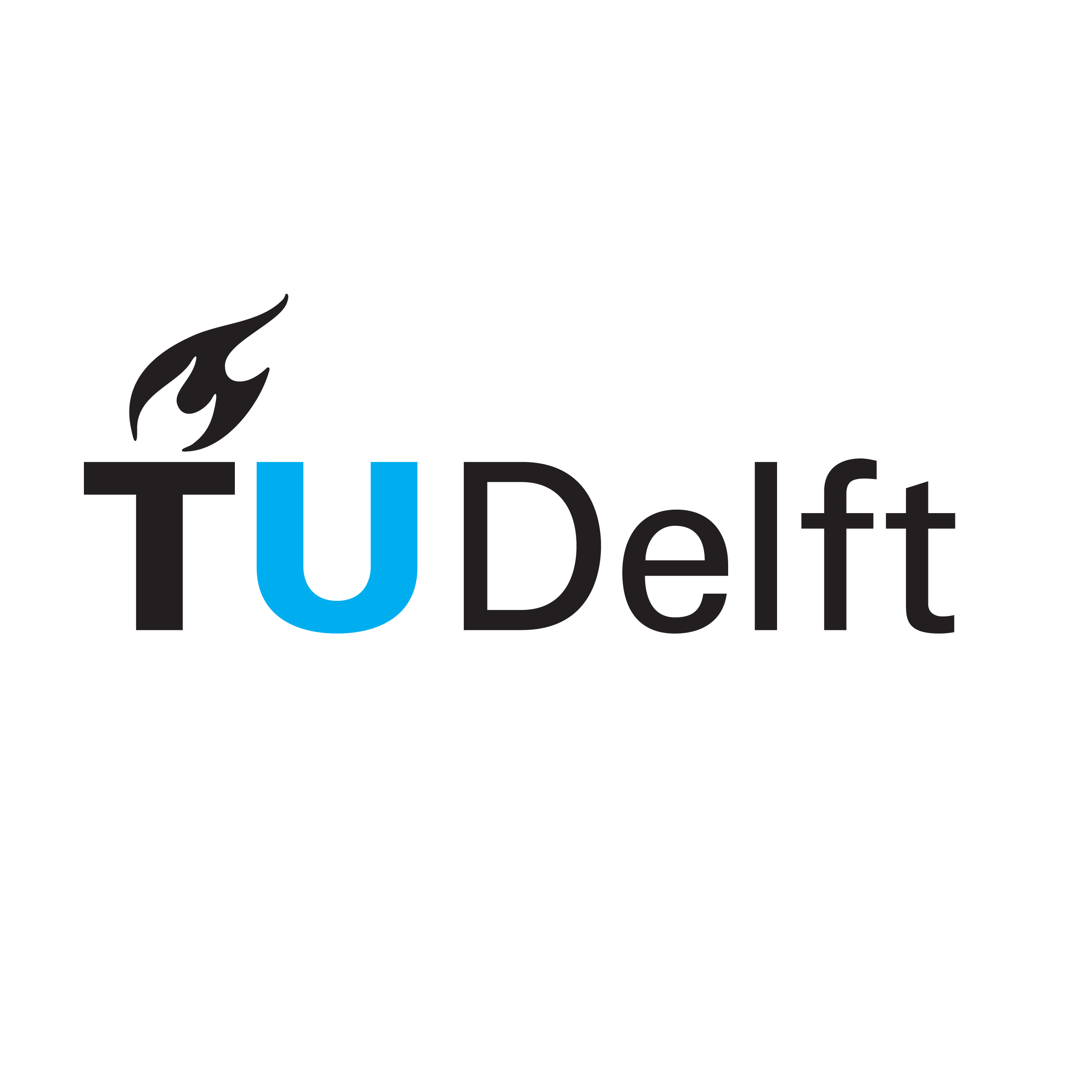Responsible data use ‘Digitale Gracht’
'Responsible Data use 'Digitale Gracht' (i.e. Digital Canal') aims to restructure Amsterdam's waterways with a focus on responsibility, transparency, and public values.

This project aims to reshape Amsterdam's waterway management, making it more responsible, proportional, and aligned with public values. Our commitment to transparency and user-centered design ensures that the canal system benefits all stakeholders while respecting their privacy and rights.
Evaluating the current setup of Digitale Gracht Amsterdam
Since 2017, the city of Amsterdam has been actively engaged in the Digitale Gracht project. This initiative involves the creation of a citywide network comprising various sensors and cameras designed to measure and analyze the movements of pleasure, passenger, and transport boats across the city's extensive canal system. The data collected through this network not only provides the municipality with invaluable insights into waterway usage but also serves as a crucial tool for policymaking and enforcement.
However, as the project evolved, questions have arisen regarding the responsibility and proportionality of its current design. In the context of the Digitale Gracht project, ‘responsibility’ refers to the extent to which it aligns with public values, including principles such as transparency, data minimization, and the responsible use of technology. ‘Proportionality’ concerns whether the resources allocated to the project are commensurate with its goals.
In response to these concerns, the Responsible Sensing Lab was approached to evaluate the project's existing setup and chart a path towards a more responsible and proportional alternative. This undertaking seeks to strike a balance between achieving the objectives of the city of Amsterdam in its responsibility to facilitate safe and smooth sailing on its waterways, while respecting its dearly held values.
By meticulously evaluating the current setup of Digitale Gracht, identifying sensitivities, and proposing responsible alternatives, this project will chart a course toward a more transparent, data-minimized, and proportionate approach to managing Amsterdam's iconic canals. Our ultimate aim is to create a waterway system that optimally serves the needs of various users while respecting their privacy and the values of the city itself.”
— Martijn Kobus, Product Owner/Data Scientist, Gemeente Amsterdam

Key questions and objectives
Throughout this project, the following key questions guided our analysis and recommendations:
What can we continue to do?
- Assessing the aspects of the current Digitale Gracht project that align with its objectives and public values.
What can we do in a more responsible manner?
- Identifying opportunities to improve the project's design, operation, and data handling to better adhere to principles like transparency, data minimization, and responsible technology use.
We delivered a comprehensive advisory report.
Collaboration and Involvement
We actively engaged with various stakeholders, including team members from the Responsible Sensing Lab, Team Digitale Gracht, and external researchers from TU Delft for example prof. dr. ir. Marijn Janssen, full professor in ICT & Governance. Collaboration and input from these parties were instrumental in driving the project forward.
Full report
The report presents the outcomes of our investigation aimed at evaluating and proposing alternatives to the Digitale Gracht system and the related ‘binnenhavengeld’ (BHG) payment process. The investigation was conducted in collaboration with experts from TU Delft at the request of the city of Amsterdam. We focused on identifying issues and proposing alternatives based on non-statutory norms, with an emphasis on responsibility and proportionality.
The report is structured as follows: Section 1 is the Introduction, Section 2 describes the research methods used, Section 3 provides an overview of the Digitale Gracht system, Section 4 introduces the BHG payment process, Section 5 lists identified issues and recommendations, and Section 6 presents potential follow-up projects.

Next step
We recently finalised the Analysis of Reduction in Sensor Installation Points for Digitale Gracht Amsterdam. Two researchers from the TU Delft, Winnie Daamen and Yufei Yuan, analyzed the relationship between the number, location, and type of sensors. They investigated what type of information the municipality needs, what types of sensors are necessary for this information, what information can be provided by the existing sensors currently, and whether there are more responsible alternatives. The outcomes of this analysis will be used for the potential re-evaluation of the Digitale Gracht program.
New results: Reducing sensor points for privacy and efficiency
To further explore how sensor data can be collected responsibly, we conducted an in-depth analysis of the sensor installation plan for Digitale Gracht. Originally, 24 sensor setups were proposed, but our analysis revealed that similar urban data quality could be achieved with a significant reduction. Key insights:
- From 84 to 40: It is possible to reduce the number of sensor installation points from 84 to 40 while still maintaining a sufficient representation of urban dynamics. This reduction supports the “as little as possible, as much as necessary” principle, minimizing unnecessary data collection and potential infringements on privacy.
- Smarter placement: By combining sensor types and selecting locations more strategically, Team ‘Digitale Gracht’ can still capture the necessary city use patterns without excessive monitoring.
- Efficient deployment: Fewer sensors reduce costs, maintenance effort, and environmental impact.
This study not only improves the efficiency of the project but also strengthens our commitment to responsible sensing practices.









